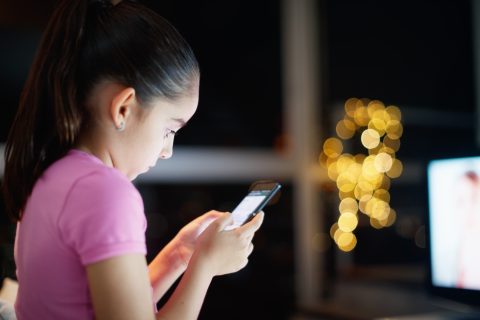
So, now the government has said that schools will not reopen fully until September in the attempt to ensure Covid-19 doesn’t face a second wave of large scale infections. This prolonged period of children being at home has been a game changer for many families, displacing children from friends, learning and their school community.
To help them through further weeks of lock down, we need to consider how this new world looks and feels to them.
Unfortunately, we cannot just soothe the situation away and protect their little bubble of normality. The situation is too serious, and we need children to take the key messages seriously. As many parents know, it is not exactly easy to get them to wash their hands and not touch their faces. However, there are things we can do to make the situation easier for them.
Children can often be soothed by touch. Touch calms the heart rate, and allows children to feel safe and secure. Therefore, we can expect them to be more clingy and in need of affection at such an unsettling time for them.
However if a parent is unwell and can’t be physically close to their children – even teenagers – this will be exceptionally hard for them to cope with and manage their feelings.
It is therefore important to make best use of physical contact where possible. Encourage affection where it is safe to do so and keep them topped up with the security of warm hugs from those that can offer them. Where it is not possible, you could treasure their need for physical contact by taking their requests for hugs seriously and “banking” them in a special jar with homemade tokens, which you can then use once feeling better.
In the meantime, ask them how you can help them feel better. Children are unique and resourceful, so it is important to keep the communication open. Even if there is no easy answer, they will hear that you have noticed them in the midst of the crisis.
Be aware that children and young people will be hearing news broadcasts and adult conversations – they know when we are worried, and they may be hearing stories of daily deaths, which is deeply unsettling therefore important to be sensitive to their needs and feelings.
Keeping a routine
Remember that children’s sense of time can be quite different from adults, with hours and days feeling much longer. When in isolation, make sure to keep a routine. Children and young people’s lives are structured with school times, home time, meal times and bed times. Try not to let this go out the window if possible.
It is also a good idea to make use of children’s favourite bears, toys, blankets, dummies, and comforts. It is important to be willing to relax your rules and feelings about them during these times. These items hold a special place with children and often carry memories and sense of identity.
Ultimately, these items help children feel safe. Their distinctive smell and look may be slightly off-putting, but this is actually all part of the continuity of attachment and feeling safe, so avoid washing them, especially during these uncertain times.
When it comes to hygiene, do not forget that children love to play. Turn the handwashing into soapy and monsters and soapy handwashing races. Get soaps in different colours and smells, invite them to play with it in the sink, play music to get their 20 seconds in, and do it together and make it fun.
The latest guidance on self-isolating in the UK allows people to get out for exercise at a safe distance. This is
incredibly useful in helping children continue to play and stay healthy.
Think about the usual times children have space to move: on the way to school, breaks, PE and after school
activities – their bodies will miss this when it stops. Research has shown that exercise protects our mental and
physical health.
Teenagers and technology
Teenagers live in a world where school and exams are valued very highly. The decision to cancel A-level and GCSE exams may therefore create a lot of anxiety. Make sure you talk to them about it and encourage them to continue learning. If your school has created online materials, make use of them where possible. It is important to acknowledge that they will also need to talk with friends and process what is happening around them, so encourage FaceTime and group chats to help them feel connected.
If your children are using the internet to stay connected with friends, family and school work, it is important to be aware of the horror stories circulating on social media and try to diffuse these as best you can – they are not helping anyone’s mental health and can create further anxiety. Think carefully about the TV and films your teenagers are watching, it may be wise to avoid anything too close to home, there are a few films circulating the internet showing different viruses and infections, which may not be ideal for your child to watch right now.

